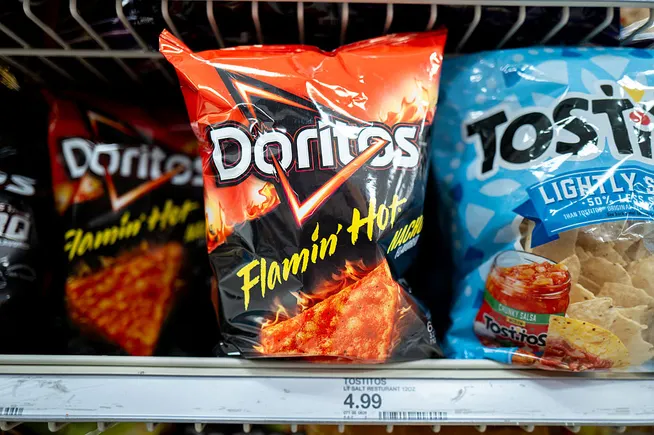New Developments:
- A bill in Texas is on the verge of becoming law, which would mandate food manufacturers to include warning labels on products containing certain additives and artificial colors not recommended for human consumption. The labels would inform consumers of ingredients deemed unfit for consumption by international authorities in countries like Australia, Canada, the European Union, and the United Kingdom.
- If the bill is signed by Gov. Greg Abbott, it will come into effect for food products labeled or copyrighted on or after Jan. 1, 2027. Companies failing to comply with the law could face repercussions from the Texas attorney general, including fines up to $50,000 per day.
Insights:
Joining a nationwide movement for healthier food practices, Texas is taking a stand against the food industry’s role in the chronic disease epidemic plaguing the U.S. Nearly 30 states have introduced or passed laws restricting food chemicals and synthetic dyes, with West Virginia recently banning products containing seven common additives and colors.
As states push for regulations, federal agencies like the FDA and Health and Human Services are also urging food companies to phase out artificial dyes by 2027. However, concerns have been raised about the feasibility of this timeline, with some manufacturers worried about the potential impact on their products and operations.
While some industry advocates argue for uniform federal regulations to avoid confusion and increased costs for consumers, the Texas bill aims to prevent private legal action against non-compliant manufacturers. Instead, enforcement will be overseen by the state’s attorney general.
Notable ingredients banned in Europe but allowed in the U.S. include potassium bromate, azodicarbonamide, BHA, and brominated vegetable oil. Red Dye No. 40 and titanium dioxide are also prohibited in certain countries due to health concerns. Despite being considered safe by the FDA, these ingredients have raised alarms elsewhere for their potential health risks.

